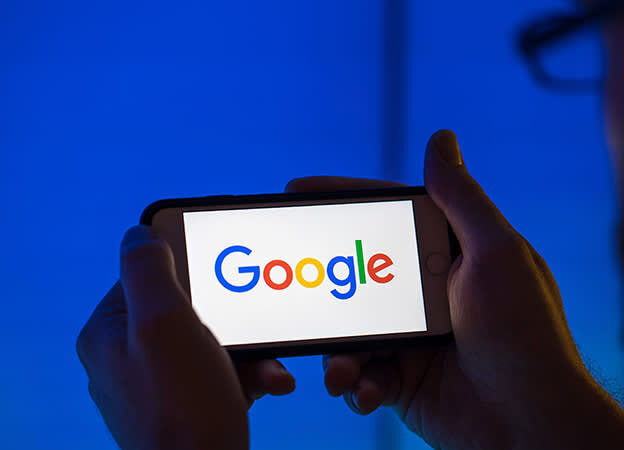
- Worse-case scenario would hit Apple’s earnings by 15 per cent
- EU regulation is undermining the moats around these businesses
Regulators on both sides of the Atlantic have spent the past few years chipping away at the monopolies of the various US tech giants. Now their actions are starting to have a meaningful impact, which may be felt by consumers and potentially shareholders.
This week, Apple (US:APPL) announced that its new iPhone 15 Pro would use a USB-C charging port rather than Apple’s proprietary Lightning port. The phone has a new state-of-the-art 3-nanometer chip powering it, and an improved camera, but the biggest practical change for customers was one forced on it by the European regulator.
The same week as Apple’s presentation, the US Department of Justice (DoJ) lawsuit against Google’s search engine monopoly went to trial. It is almost three years since the DoJ initially filed the lawsuit against Alphabet (US:GOOGL). It is arguably the most important case brought against a tech company since the DoJ took Microsoft to court in the 1990s over the bundling of its Explorer browser with its Windows operating system.
Americans playing catch-up
The Europeans have been ahead of the game on regulation, but the US is now catching up. The case against Alphabet revolves around Google’s payments to maintain its position as the default browser on Apple and Samsung (KR:005930) smartphones. The regulator feels these deals are anticompetitive and allow Google to consolidate its monopoly in the search engine market, in which it has a 90 per cent share.
In the search engine industry, scale is essential, so Google is willing to pay a lot of money to push traffic to its search engine. “The massive delta of data and reach makes for a better product, click-through rates for ads on Google are 30 per cent greater than on Bing [the next largest search engine],” said NYU Stern Business School professor Scott Galloway.
The size of the figures being spent means this case could have a material impact on both Alphabet and Apple’s businesses. Investment bank Morgan Stanley is currently forecasting that Alphabet will spend around $28bn on traffic acquisition payments (TAC) in 2025. Of this, $23bn of the TAC payments are expected to go to Apple.
If TAC payments are banned, Morgan Stanley says this could reduce Apple’s 2025 earnings per share by up to 15 per cent. The impact on Alphabet’s profit is expected to be less severe because it would initially save money on the payments. “More than 37 per cent of current US users would have to switch to an alternative search engine for there to be a drag on Google net revenue,” wrote Morgan Stanley analysts.
This would be the most ‘extreme’ scenario, which could also drive Apple to build its own search engine.
Alternatively, the court might rule that the practice is comparable to how retail companies sell shelf space in their stores, which is not illegal. There is also a middle ground, where Alphabet would not be able to pay for exclusivity rights but could still pay Apple for some preferential treatment.
Google came into existence in 1998, the same year Microsoft was banned from bundling its search engine with its operating system. Likewise, the market for Microsoft’s software only opened after IBM was forced to stop giving its software away for free with its hardware. All these transitions have benefited consumers and distributed shareholder value across more businesses.
European vanguard
So far, the EU regulators have led the way in terms of shifting tech approaches. In the charging port example, Apple’s hand was forced by a 2022 amendment to the EU’s Radio Equipment Directive, which added a requirement for a “common charger for electronic devices”. Internal Market Commissioner Thierry Breton said it was common sense and would help reduce the “approximately 11,000 tonnes of electronic waste generated by discarded and unused chargers”. It will have the opposite impact in the short term, however, given Apple users will no longer have a use for old chargers when moving to a new-model iPhone.
The aim with most regulation is to improve interoperability of products and services. The Radio Equipment Directive focuses on allowing customers to use hardware interchangeably. Meanwhile, the Digital Markets Act, which was passed last year, focuses on software interoperability. It will force companies to allow users to message across different platforms. For example, Meta-owned WhatsApp would need to allow messages to users of different services, such as Signal or Telegram, which are alternative platforms.
These companies have created huge shareholder value by building scale and then making it difficult for customers to leave their ecosystems. The EU Commission has pushed through legislation to encourage the emergence of more competition. The Digital Markets Act comes into effect from March.






